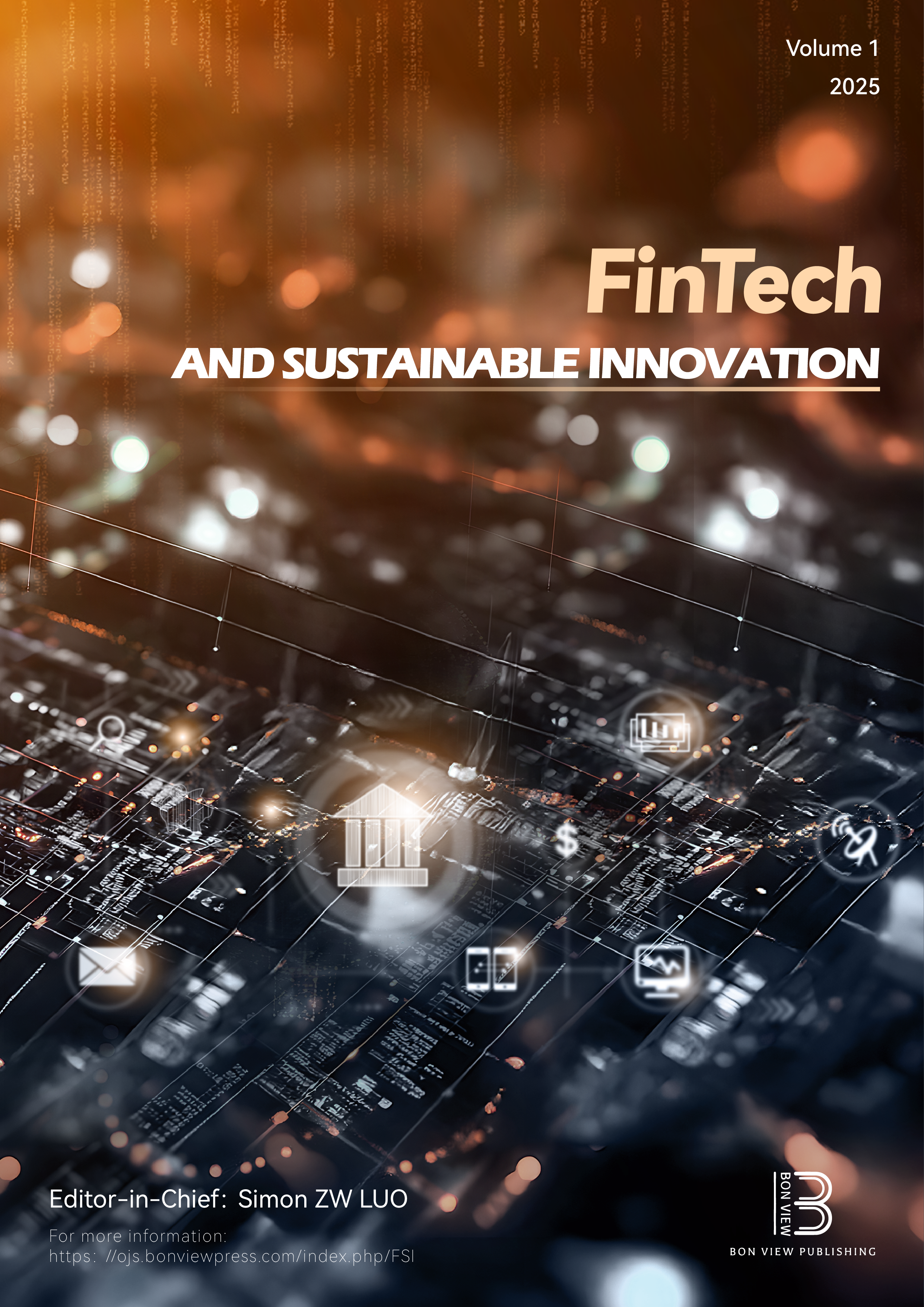Artificial Intelligence in Sustainable Industrial Transformation: A Comparative Study of Industry 4.0 and Industry 5.0
DOI:
https://doi.org/10.47852/bonviewFSI52025321Keywords:
artificial intelligence, emerging technologies, Industry 4.0, sustainability, Industry 5.0Abstract
Industry 4.0 continues to progress due to the implementation of artificial intelligence (AI), which enables the automation of operations and complex big data exploitation to improve production efficiency. Industry 5.0 emerged to tackle sustainability issues and ensure human focus because Industry 4.0 followed a profit-maximizing strategy that raised important concerns. This comparative study fills the knowledge gap about how AI contributes to Industry 5.0 sustainability by studying its differences from Industry 4.0. This review investigates how AI enables circular economy principles through a systematic literature review while studying its impact on industrial resilience and adaptive manufacturing capabilities. This study underscored that Industry 5.0 uses AI to unite human creativity with modern technologies, enabling sustainable operations and new developments. Data privacy, cybersecurity, and algorithmic bias remain persistent issues in the current context. This review found that AI-based systems implementation in Industry 5.0 led to a 30% boost in resource utilization compared to the Industry 4.0 approach and a 25% decrease in carbon emissions. These findings indicate that ethical AI frameworks must be the priority for policymakers and industries to achieve such technological development while keeping companies’ training in mind at the same time. The study establishes that AI is the fundamental technology to shift manufacturing toward a sustainable and human-controlled Industry 5.0 format that establishes resilient green industrial environments. The research develops the academic discussion about using AI to achieve sustainable industrial development.
Received: 26 January 2025 | Revised: 12 March 2025 | Accepted: 23 April 2025
Conflicts of Interest
The authors declare that they have no conflicts of interest to this work.
Data Availability Statement
Data sharing is not applicable to this article as no new data were created or analyzed in this study.
Author Contribution Statement
Muhammad Waqas: Conceptualization, Methodology, Software, Validation, Writing – review & editing, Visualization, Supervision, Project administration, Funding acquisition. Adila Naseem: Formal analysis, Investigation, Resources, Data curation, Writing – original draft.
Downloads
Published
Issue
Section
License
Copyright (c) 2025 Authors

This work is licensed under a Creative Commons Attribution 4.0 International License.


